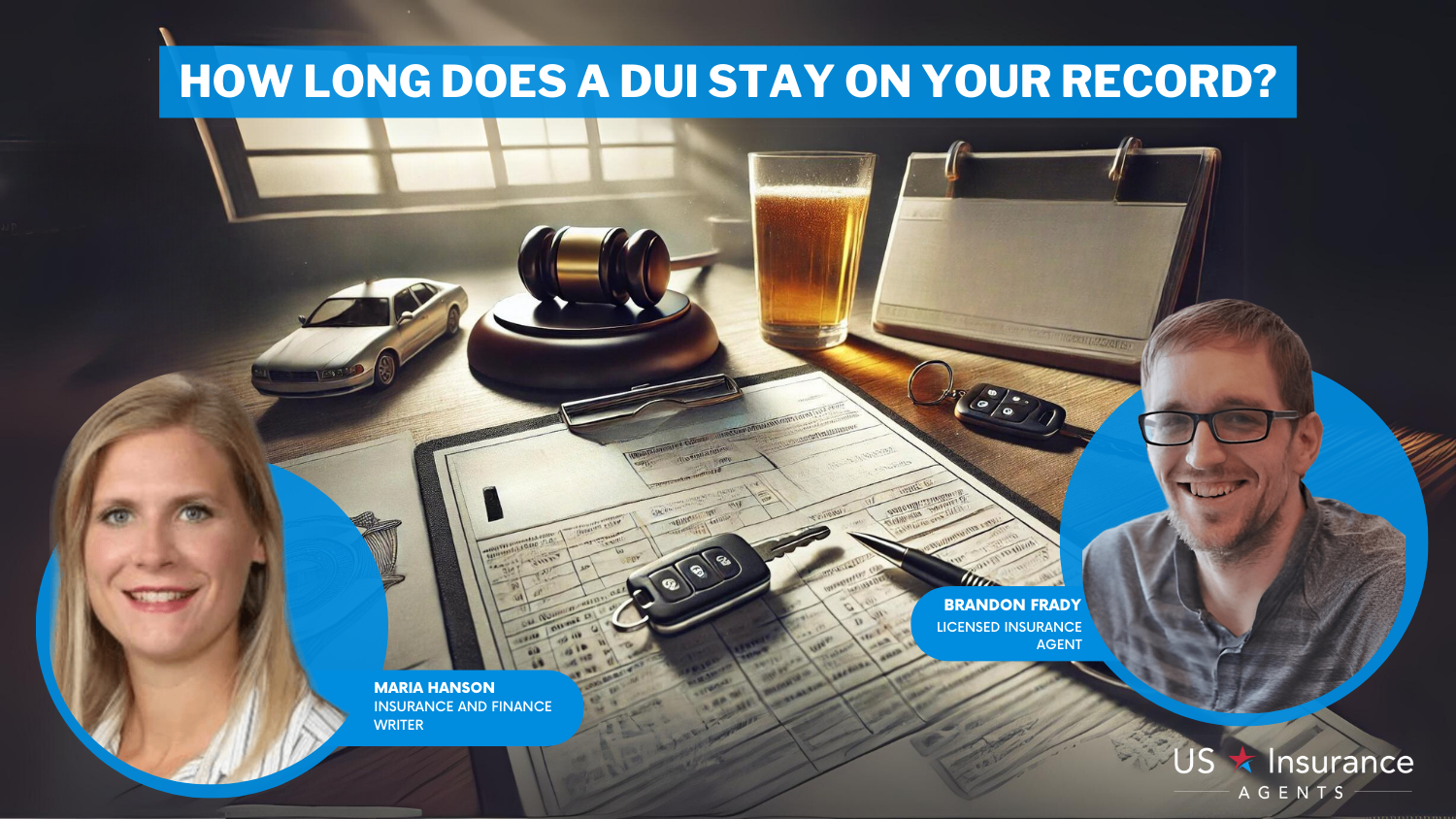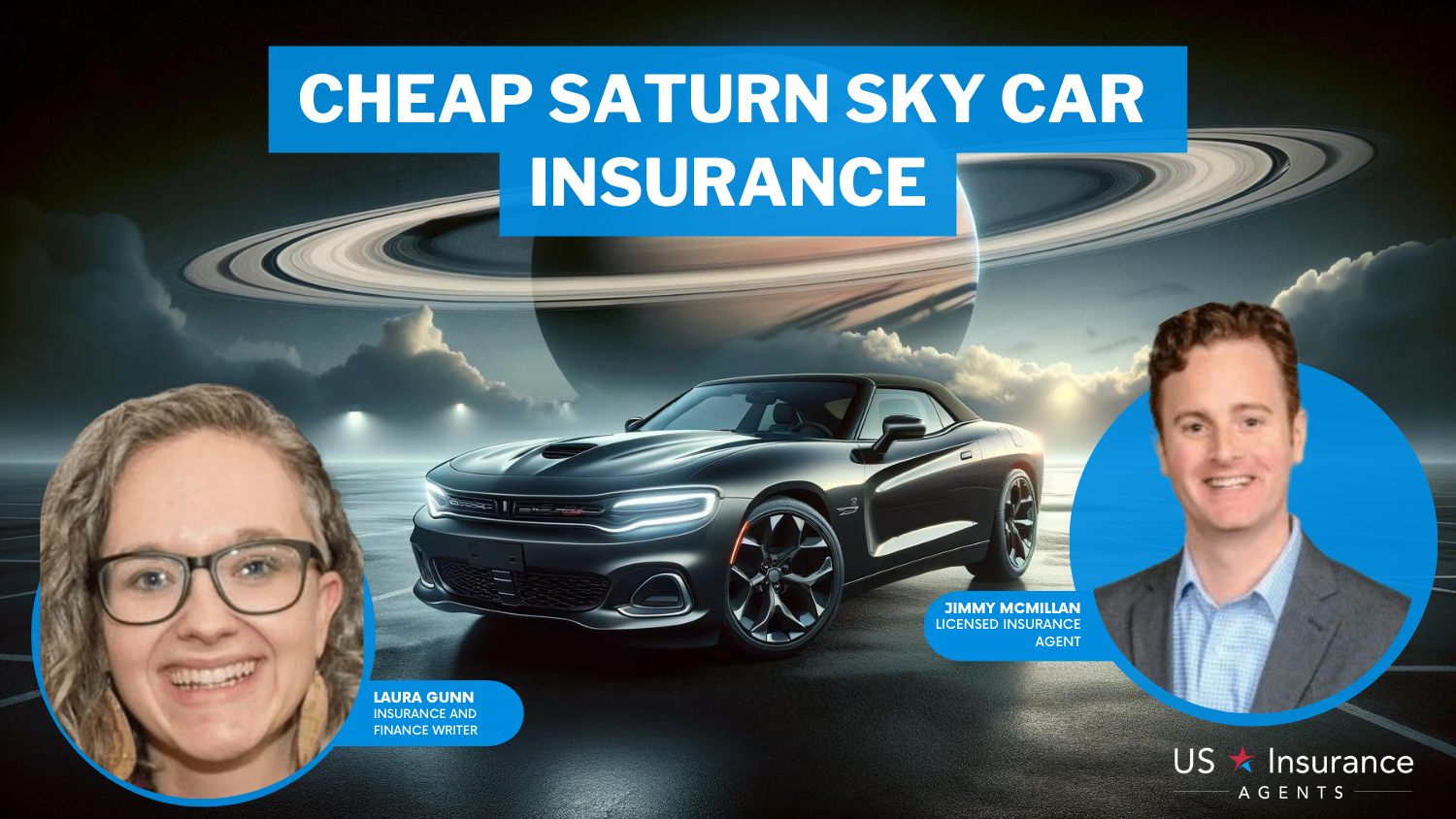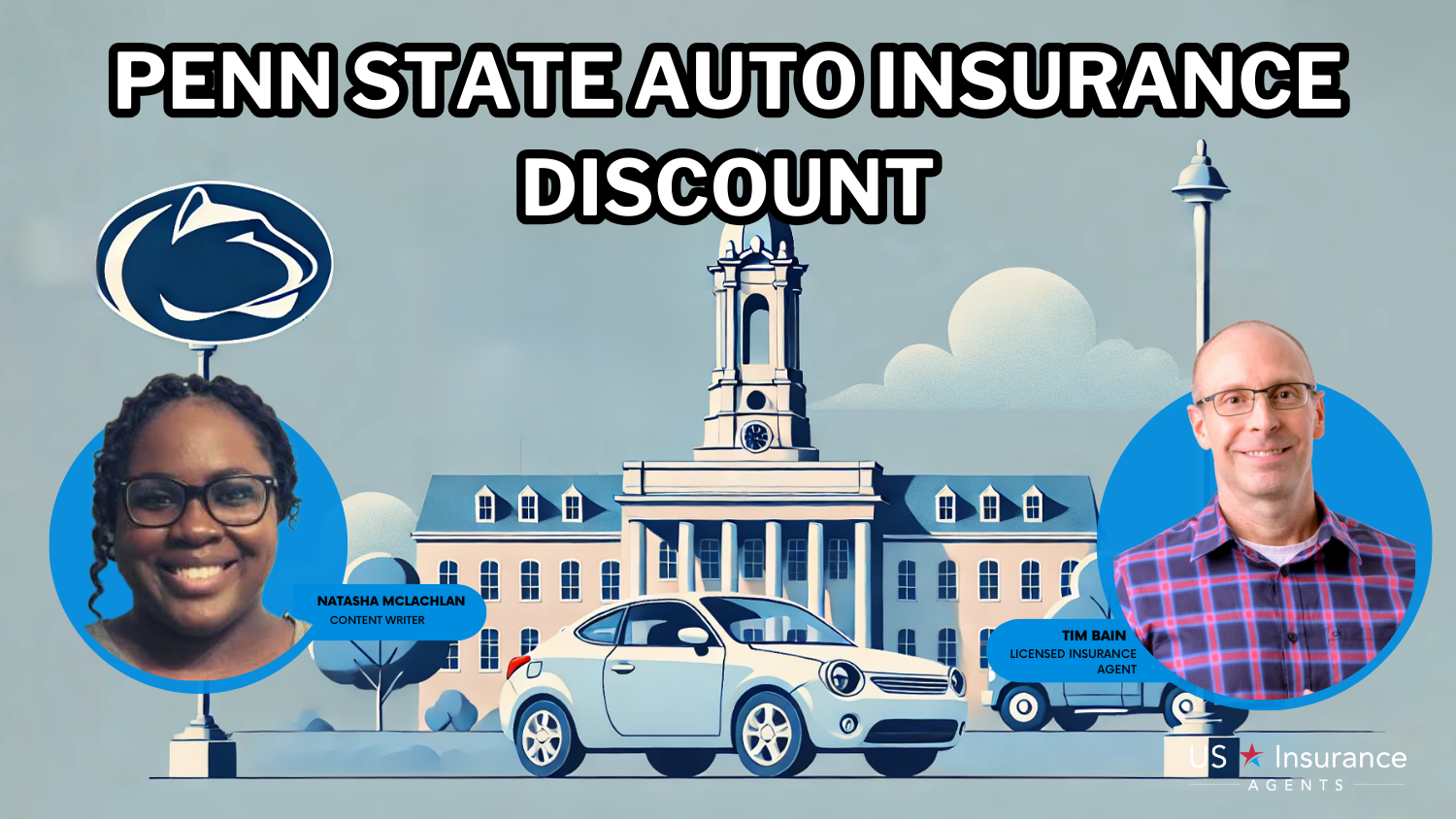If someone hits my car, whose insurance do I call?
Navigating car accidents: whose insurance should you call when someone hits your car? essential information and guidance for handling insurance claims. Understand the process of reporting a car accident, determining liability, and contacting the appropriate insurance company. Learn about the importance of gathering evidence, exchanging information, and filing a claim.
Read more Secured with SHA-256 Encryption





Table of Contents
Table of Contents


Insurance and Finance Writer
Maria Hanson grew up with a unique passion and understanding of both the automotive and insurance industries. With one grandfather in auto mechanics and another working in insurance, you could say automotive insurance is in her blood. Her love of research and finance serves her well in studying insurance trends and liability. Maria has expanded her scope of expertise to home, health, and life...
Maria Hanson


Sr. Director of Content
Sara Routhier, Senior Director of Content, has professional experience as an educator, SEO specialist, and content marketer. She has over 10 years of experience in the insurance industry. As a researcher, data nerd, writer, and editor, she strives to curate educational, enlightening articles that provide you with the must-know facts and best-kept secrets within the overwhelming world of insurance....
Sara Routhier
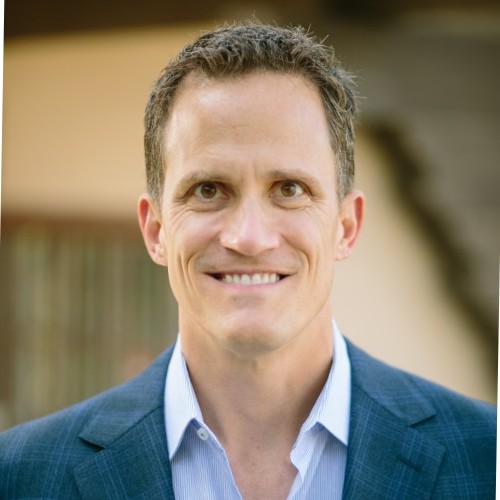

Licensed Insurance Agent
Chris is the founder of Abrams Insurance Solutions and Marcan Insurance, which provide personal financial analysis and planning services for families and small businesses across the U.S. His companies represent nearly 100 of the top-rated insurance companies. Chris has been a licensed insurance agent since 2009 and has active insurance licenses in all 50 U.S. states and D.C. Chris works tireles...
Chris Abrams
Updated January 2025
Welcome to our informative guide on the question, “If someone hits my car, whose insurance do I call?” In this article, we provide you with valuable insights and guidance to help you navigate the often confusing situation of car accidents.
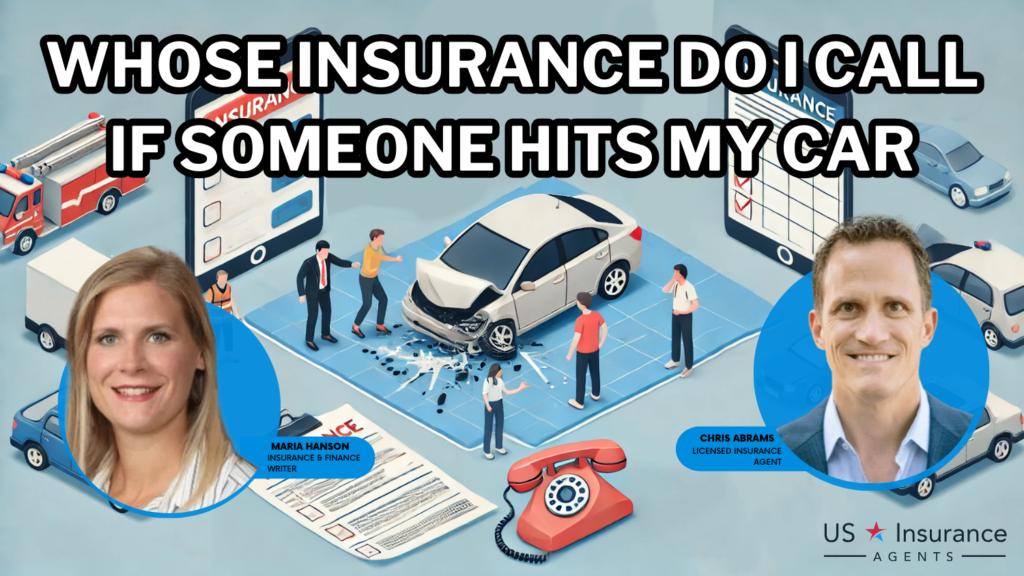
We discuss key topics such as determining liability, reporting the accident, and understanding how to file a car insurance claim.
- Before you call anyone’s insurance company, you should contact the police and file a report
- You should contact your insurance immediately if the other driver wasn’t clearly at fault or they deny responsibility
- You can contact the other driver’s insurance, if they admit fault, to file a third-party claim
To ensure you have the best insurance coverage, enter your zip code and compare rates from top insurance providers. Don’t let uncertainty overwhelm you. Take control of your car insurance needs and make informed decisions to protect yourself on the road.
What should you do immediately after an accident?
The first step after a collision is to ensure that everyone is safely removed from harm’s way. Then, you should remove every vehicle involved in the accident from the path of other drivers.
Afterward, you should call the police and file a report. It doesn’t matter if someone hit you while you were driving or ran into your parked car — you’ll still need a police report.
Next, exchange information with the person or people involved in the accident. You should get information from any driver who came into contact with your vehicle. Obtain as much information as possible, but make sure to collect the following facts:
- Other drivers’ names, addresses, and other contact information
- Driver’s licenses and plate numbers
- The name of the insurance company for each driver
You can take pictures of damage your vehicle sustained, but ensure that you do it in a safe spot. If witnesses were present who weren’t involved in the accident, obtain their contact information.
Finally, you should call your insurance agent (or use a website or mobile app) to inform them that your car was hit.
Free Auto Insurance Comparison
Compare Quotes From Top Companies and Save
Secured with SHA-256 Encryption
Do you need to contact your insurance for an accident that wasn’t your fault?
You should always contact your insurance company after an accident if there is even a remote chance that you’ll want to make a claim.
When you contact your company, you create a record of the incident and begin the claims process. If you have policy add-ons like roadside assistance, your agent can assist you.
It’s essential to contact your insurance agent if the other person was not clearly at fault or if they are insisting that they weren’t. Your company will review your report and the police report and then contact the other insurance company.
From there, both companies will work together to determine who was responsible for the collision.
Should you call the other person’s insurance company?
If the other driver admits fault, you might be wondering, “Should I call the other person’s insurance company?” You can file a third-party claim with the other insurance company. In this case, the at-fault driver’s liability coverage will pay for damages.
While you don’t necessarily have to, you should still consider telling your insurance provider that you were in an accident and that you’re filing a third-party claim.
Whose insurance pays for the damage?
The person on the hook for damages (and therefore the one facing a hike in their insurance price) is the at-fault driver.
Nearly every state requires a minimum level of liability coverage for these situations. If the other driver is at fault, their liability should pay for the damage to your vehicle.
However, just because it’s the law doesn’t mean everyone has insurance. What happens if a driver hits you without insurance?
Underinsured and Uninsured Motorist Insurance
If the at-fault driver has inadequate insurance, you’ll be left with a banged-up car and a hefty repair bill. There are options for personal insurance that can eliminate (or at least lessen) the dangers of uninsured motorists.
Uninsured/underinsured motorist coverage is one of those options. Most states don’t require this add-on; therefore, not everyone has it. However, purchasing this coverage can potentially save you thousands of dollars.
Collision Coverage
Another type of insurance that can protect you from uninsured motorists is collision coverage. As part of a full-coverage suite, collision protects your car from damage caused by an accident. The best part is that it doesn’t matter who is at fault.
Collision will also cover damage to your car if no other vehicles were involved, for instance if you smashed into a tree during a stormy night.
While not legally required by most states, you probably need to have collision if you don’t outright own your car.
Free Auto Insurance Comparison
Compare Quotes From Top Companies and Save
Secured with SHA-256 Encryption
What happens if someone hits your car and you don’t have insurance?
Are you wondering, “If someone hits my car and I don’t have insurance, what should I do?” If so, you should first consider getting insurance. Cars are legally required to have insurance (except in New Hamshire) to be able to drive on public roads.
It’s imperative that you get insurance for your vehicle if you plan on driving it. You can’t even park your car on a public street without insurance; it has to be stored in a garage or other structure.
You can find inexpensive insurance by obtaining the minimum coverage required by your state. If you’re interested in more coverage, consider getting comprehensive and collision.
In America, traffic incidents rose over ten percent in 2020, meaning that the road is a dangerous place.
If the other driver is at fault, their insurance will still cover your damages; however, you may see a limit on the amount that they’ll pay since you shouldn’t have been driving at all.
If you’re at fault, your license might be suspended, fined, and even jailed. Plus, the person you hit might decide to sue you.
While it might be tempting to drive without insurance, you shouldn’t even go around the block without it. If someone hits you, you might be the driver in trouble if you don’t have insurance.
Find the Best Car Insurance Today
You can avoid driving without insurance by signing up for a policy today. You can also protect yourself from the dangers of uninsured motorists by adding collision or underinsured motorist protection to your plan.
If you want to protect your vehicle in all situations, stop wondering, “If someone hits my car, whose insurance do I call?” and start shopping for insurance quotes. Enter your ZIP code into our free tool to see what rates might look like for you.
Case Studies: Whose Insurance Should You Call When Your Car Gets Hit?
Case Study 1: Rear-End Collision
Sarah was waiting at a red light when her car was suddenly rear-ended by a distracted driver. In this case, Sarah should call the insurance company of the driver who hit her car. The at-fault driver’s liability insurance should cover the damages to Sarah’s vehicle.
Case Study 2: Parked Car Accident
John returned to his parked car to find that it had been sideswiped by another vehicle. Since John’s car was unoccupied at the time of the accident, he should contact his own insurance provider. His comprehensive coverage will likely help cover the repairs or replacement of his damaged vehicle.
Case Study 3: Intersection Collision
Linda was involved in a collision at an intersection. Both Linda and the other driver claim they had the green light. In this case, it is advisable for Linda to contact her insurance company first. They will investigate the accident, assess fault, and handle the claim process. If the other driver is found at fault, Linda’s insurance may seek reimbursement from the at-fault driver’s insurance.
Case Study 4: Hit-and-Run Incident
David discovered a significant dent on his car while it was parked on the street, with no note from the responsible party. In a hit-and-run situation, the driver whose vehicle was hit should contact their own insurance company. Uninsured motorist coverage or collision coverage can assist in covering the damages caused by the unidentified driver.
Case Study 5: Multi-Vehicle Accident
During rush hour, Mark was involved in a multi-vehicle accident on the highway. It was challenging to determine who caused the initial collision. In such complex cases, Mark should notify his insurance company and provide them with all the relevant information. The insurance companies of the parties involved will work together to assess liability and determine the appropriate coverage for each party.
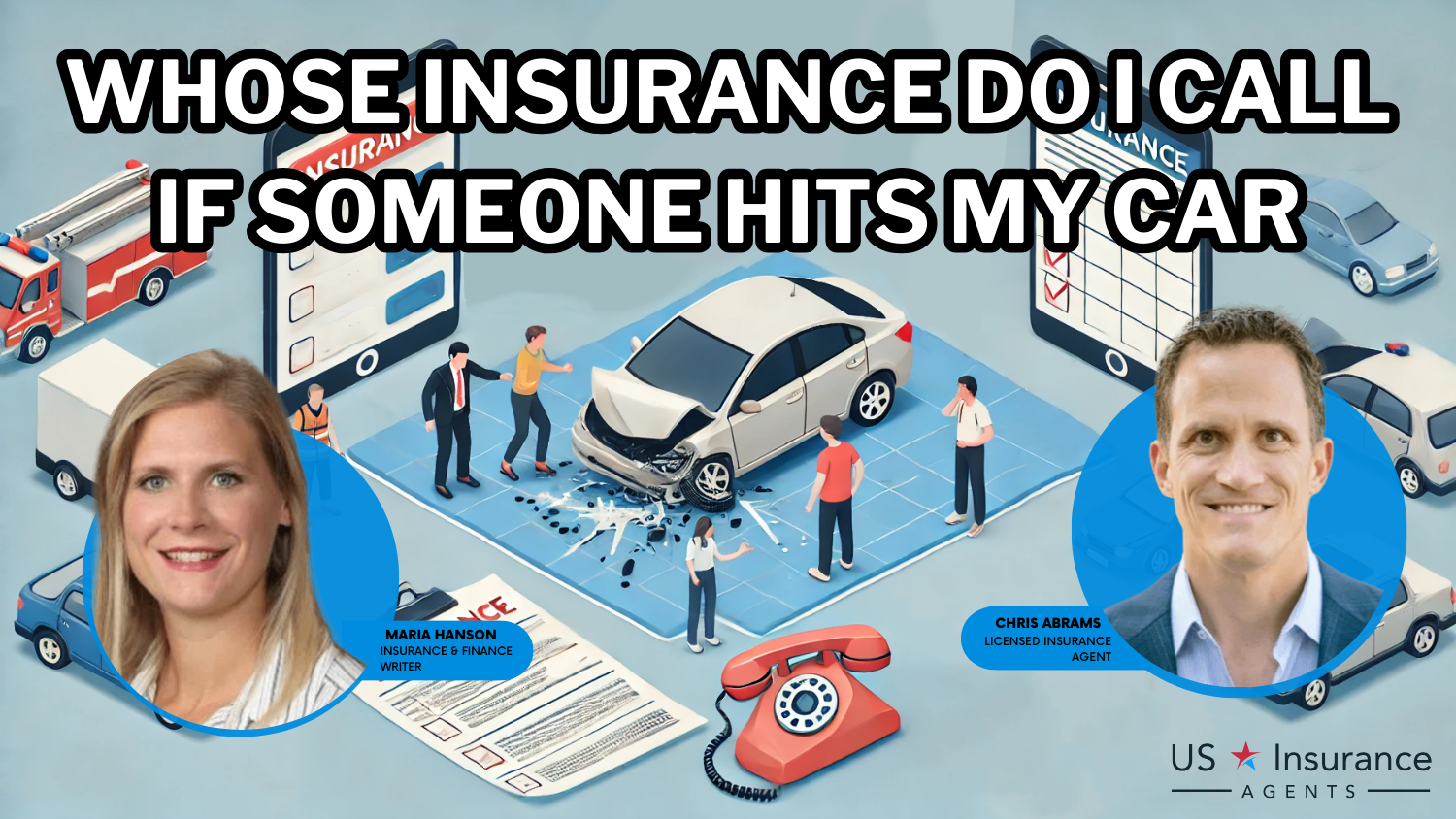
Frequently Asked Questions
If someone hits my car, whose insurance do I call?
If you are at fault, contact your insurance agent immediately. If the other person is at fault, their liability coverage will pay for your repairs. If you have uninsured/underinsured motorist or collision coverage, they will also cover your damages.
Do you need to contact your insurance for an accident that wasn’t your fault?
Yes, you should always contact your insurance company after an accident if there is even a remote chance that you’ll want to make a claim.
Should you call the other person’s insurance company?
If the other driver admits fault, you can file a third-party claim with the other insurance company. In this case, the at-fault driver’s liability coverage will pay for damages. You should still consider telling your insurance provider that you were in an accident and that you’re filing a third-party claim.
Whose insurance pays for the damage?
The person on the hook for damages (and therefore the one facing a hike in their insurance price) is the at-fault driver. If the other driver is at fault, their liability should pay for the damage to your vehicle.
What happens if someone hits your car and you don’t have insurance?
If the other driver is at fault, their insurance will still cover your damages; however, you may see a limit on the amount that they’ll pay since you shouldn’t have been driving at all. If you’re at fault, your license might be suspended, fined, and even jailed. Plus, the person you hit might decide to sue you. It’s imperative that you get insurance for your vehicle if you plan on driving it.
What should you do immediately after an accident?
The first step after a collision is to ensure that everyone is safely removed from harm’s way. Then, you should remove every vehicle involved in the accident from the path of other drivers. Afterward, you should call the police and file a report. Next, exchange information with the person or people involved in the accident. Finally, you should call your insurance agent (or use a website or mobile app) to inform them that your car was hit.
Get a FREE Quote in Minutes
Insurance rates change constantly — we help you stay ahead by making it easy to compare top options and save.
